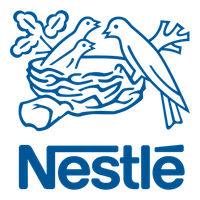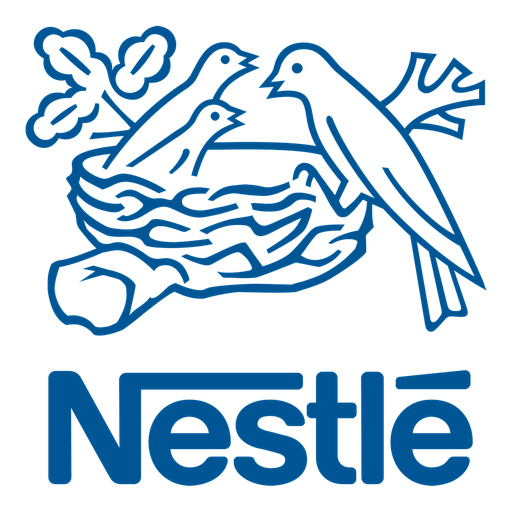
Nestle India Ltd
NSE:NESTLEIND

Intrinsic Value
The intrinsic value of one
 NESTLEIND
stock under the Base Case scenario is
775.6195
INR.
Compared to the current market price of 2 393.1001 INR,
Nestle India Ltd
is
Overvalued by 68%.
NESTLEIND
stock under the Base Case scenario is
775.6195
INR.
Compared to the current market price of 2 393.1001 INR,
Nestle India Ltd
is
Overvalued by 68%.
The Intrinsic Value is calculated as the average of DCF and Relative values:

Valuation History
Nestle India Ltd

Fundamental Analysis


Revenue & Expenses Breakdown
Nestle India Ltd

Balance Sheet Decomposition
Nestle India Ltd

| Current Assets | 28.6B |
| Cash & Short-Term Investments | 2.3B |
| Receivables | 3.5B |
| Other Current Assets | 22.8B |
| Non-Current Assets | 81.4B |
| Long-Term Investments | 5.9B |
| PP&E | 62.6B |
| Other Non-Current Assets | 12.8B |
Free Cash Flow Analysis
Nestle India Ltd

| INR | |
| Free Cash Flow | INR |
Earnings Waterfall
Nestle India Ltd

|
Revenue
|
199.7B
INR
|
|
Cost of Revenue
|
-86.1B
INR
|
|
Gross Profit
|
113.5B
INR
|
|
Operating Expenses
|
-70.9B
INR
|
|
Operating Income
|
42.6B
INR
|
|
Other Expenses
|
-9.9B
INR
|
|
Net Income
|
32.7B
INR
|
NESTLEIND Profitability Score
Profitability Due Diligence

Nestle India Ltd's profitability score is 74/100. The higher the profitability score, the more profitable the company is.

Score
Nestle India Ltd's profitability score is 74/100. The higher the profitability score, the more profitable the company is.
NESTLEIND Solvency Score
Solvency Due Diligence

Nestle India Ltd's solvency score is 78/100. The higher the solvency score, the more solvent the company is.

Score
Nestle India Ltd's solvency score is 78/100. The higher the solvency score, the more solvent the company is.
Wall St
Price Targets
NESTLEIND Price Targets Summary
Nestle India Ltd

According to Wall Street analysts, the average 1-year price target for
 NESTLEIND
is 2 461.0852 INR
with a low forecast of 2 075.55 INR and a high forecast of 2 987.25 INR.
NESTLEIND
is 2 461.0852 INR
with a low forecast of 2 075.55 INR and a high forecast of 2 987.25 INR.
Dividends
Current shareholder yield for  NESTLEIND is
.
NESTLEIND is
.
Shareholder yield represents the total return a company provides to its shareholders, calculated as the sum of dividend yield, buyback yield, and debt paydown yield. What is shareholder yield?
The intrinsic value of one
 NESTLEIND
stock under the Base Case scenario is
775.6195
INR.
NESTLEIND
stock under the Base Case scenario is
775.6195
INR.
Compared to the current market price of 2 393.1001 INR,
 Nestle India Ltd
is
Overvalued by 68%.
Nestle India Ltd
is
Overvalued by 68%.




















































 You don't have any saved screeners yet
You don't have any saved screeners yet